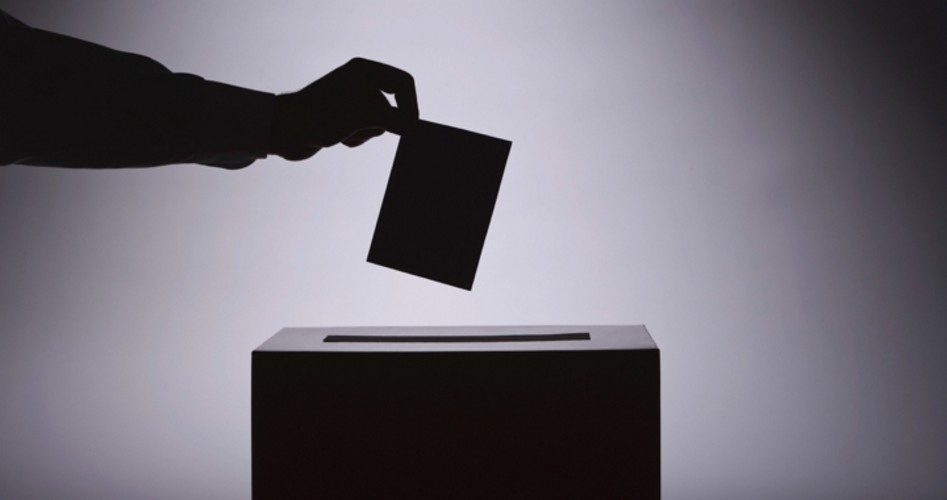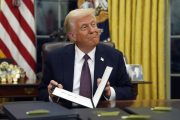
Arlington, Texas — Three affidavits have been filed with the Texas Attorney General, Ken Paxton, alleging ballot counting discrepancies in the March 6, 2018 Dallas County Democratic Primary elections. A group of voters in Dallas and Denton counties contacted True Texas Elections, LLC, to assist with the analysis of multiple election records. Dr. Laura Pressley, founder of True Texas Elections, announced today that a number of contradictory results were uncovered and it appears that legally cast ballots were not counted, among other discrepancies.
For instance, in six precincts a combined total of approximately 393 ballots were cast on ballot propositions, but in those same precincts zero votes appear to have been cast for any of the candidates seeking Democratic nominations.
Conversely, in four precincts apparently no ballots whatsoever were cast for any of the propositions, yet approximately 239 ballots were cast for candidates seeking Democratic nominations. Such contradictory results appear to be statistical impossibilities.
In a precinct that is listed as having only one registered voter, the official canvas shows zero ballots cast in that precinct in person on election day. The total number of votes for candidates in that precinct was zero, but the vote totals for that precinct for the Democratic ballot propositions was 14. Were there 14 ballots cast? If so, by whom? If not, how did the vote totals for propositions add up to 14 in a precinct with only one registered voter who apparently didn’t vote in that election?
The concerns are that the Dallas Democratic primary of March 6 primary was possibly interferred with and tampering of vote totals potentially occurred.
Normally, an investigation of an election would be conducted by a county, but under Texas law, an election whose results cross county lines can be referred the Texas Attorney General’s office. The election in question was a state-wide political primary with final results accumulated from all 254 counties in the State of Texas.
Vote totals for candidates as well as on ballot questions were part of the publicly released data sets that were compared to data requested via open records requests, such as audit logs from the tabulation computer console, results tapes from polling locations, and voter registrations of voters on record as having voted in that election.
The team analyzed the audit logs of the central computer and found numerous messages containing such phrases as “Reset,” “Replaced,” and “Votes exceeded ballots.”
Dr Pressley has spoken extensively in Texas conducting seminars teaching citizens how to become poll observers at central counting stations where the votes from the precincts are download into the central computers. Unfortunately, access to the public at these central computer centers is restricted, and individuals who want to be observers are required to go through a process in order to be appointed by candidates.
The Texas Attorney General’s office has not yet responded to this request, which was made earlier today.

